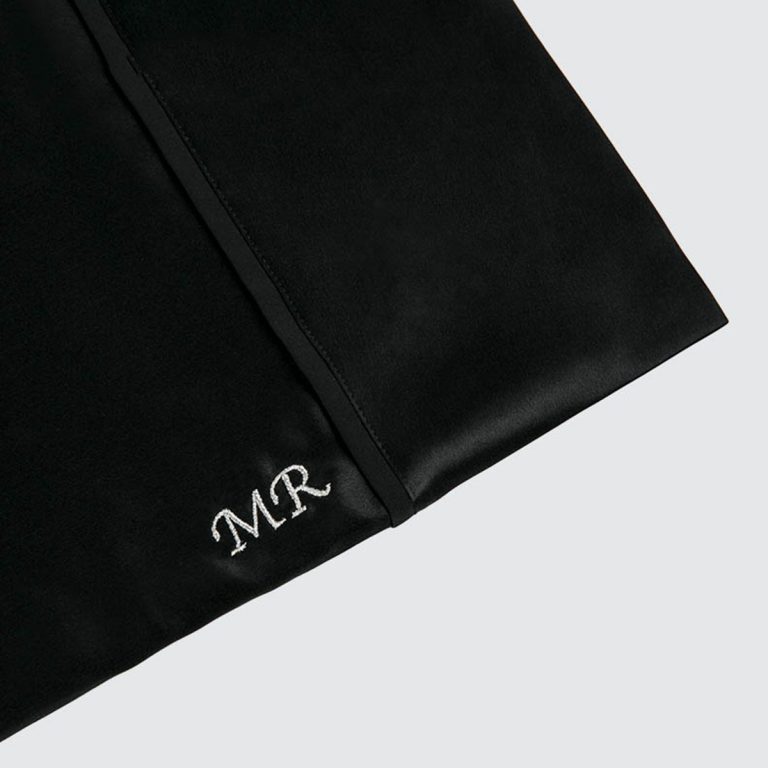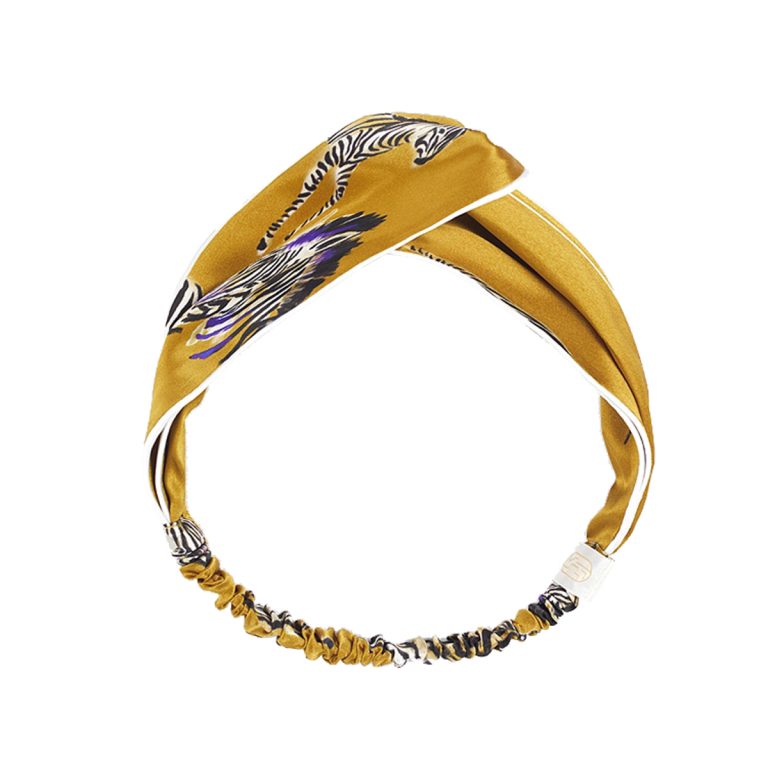Environmental Impact of Polyester Bandanas
Polyester bandanas have become a popular accessory in recent years, with many people opting for custom-made designs to add a personal touch to their outfits. However, the environmental impact of these polyester bandanas is often overlooked. Polyester is a synthetic fiber made from petroleum, a non-renewable resource. The production of polyester fabric involves the use of chemicals and energy, which can have a significant impact on the environment.
One of the main concerns with polyester bandanas is their contribution to plastic pollution. Polyester is a type of plastic, and when polyester bandanas are discarded, they can take hundreds of years to decompose. This means that polyester bandanas can end up in landfills or oceans, where they can harm wildlife and contribute to the growing problem of plastic pollution. In addition, the production of polyester fabric releases harmful chemicals and greenhouse gases into the atmosphere, contributing to air and water pollution.
| soie | custom head wrap | custom cashmere shawl |
| foulard | printing wholesale | bandanas online |
| custom scarf prices | linen twilly products | bow hijab |
Another environmental issue associated with polyester bandanas is the use of water and energy in their production. The production of polyester fabric requires large amounts of water for dyeing and finishing processes, as well as energy for spinning, weaving, and other manufacturing processes. This can put a strain on water resources and contribute to carbon emissions from energy production. In addition, the transportation of polyester bandanas from manufacturers to retailers and consumers can also have a significant environmental impact, as it requires the burning of fossil fuels and the release of greenhouse gases.
Despite these environmental concerns, many people continue to choose polyester bandanas for their affordability and versatility. However, there are more sustainable alternatives available. For example, organic cotton bandanas are made from natural fibers that are grown without the use of synthetic pesticides or fertilizers. Organic cotton is biodegradable and has a lower environmental impact compared to polyester. Another alternative is recycled polyester, which is made from recycled plastic bottles and other materials. Recycled polyester reduces the demand for new petroleum-based materials and helps to reduce plastic waste.
In addition to choosing more sustainable materials, consumers can also reduce the environmental impact of their polyester bandanas by caring for them properly and extending their lifespan. Washing polyester bandanas in cold water, using eco-friendly detergents, and air-drying them can help to reduce water and energy consumption. Repairing any tears or damage to polyester bandanas can also help to extend their lifespan and reduce the need for new purchases.

Overall, the environmental impact of polyester bandanas is a significant concern that should not be overlooked. By choosing more sustainable materials, caring for their bandanas properly, and supporting companies that prioritize environmental sustainability, consumers can help to reduce the negative impact of polyester bandanas on the environment. Making informed choices and taking small steps towards sustainability can make a big difference in protecting the planet for future generations.







